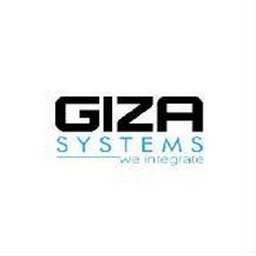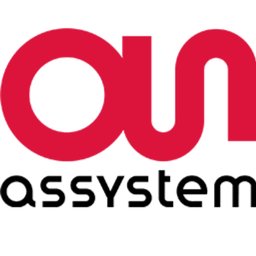Job Opportunities in Saudi Arabia
September 4, 2024
Salla
مكة
FULL TIME
Fraud Risk Analytics
The Fraud Risk Analytics role analyzes and mitigates fraud risk within the organization's e-commerce platform.
This involves identifying, monitoring, and responding to fraud patterns and trends from customer and merchant perspectives. The role requires a strong analytical mindset, technical skills, and domain knowledge of the e-commerce and payments industry.
Key Responsibilities:
Requirements
This involves identifying, monitoring, and responding to fraud patterns and trends from customer and merchant perspectives. The role requires a strong analytical mindset, technical skills, and domain knowledge of the e-commerce and payments industry.
Key Responsibilities:
- Develop robust fraud detection models and algorithms to identify real-time fraudulent activities within the e-commerce ecosystem.
- Analyze e-commerce transaction data, customer and merchant behaviors, and other relevant information to detect anomalies and suspicious patterns.
- Collaborate with cross-functional teams (e.g., risk operations, compliance, e-commerce operations) to investigate and resolve fraud cases impacting customers and merchants.
- Continuously enhance fraud detection capabilities by incorporating new data sources, machine learning techniques, and industry best practices tailored explicitly to e-commerce fraud.
- Generate insightful reports and dashboards to provide visibility on fraud trends, KPIs, and the effectiveness of fraud mitigation strategies within the e-commerce platform.
- Stay up-to-date with emerging e-commerce fraud schemes, regulatory changes, and industry benchmarks to proactively adapt the organization's fraud prevention measures.
- Provide subject matter expertise and recommendations to stakeholders on e-commerce fraud risk management strategies.
- Assist in implementing fraud control frameworks, policies, and procedures to protect customers and merchants from fraud risks on the platform.
Requirements
- Bachelor’s degree in Computer Science, Statistics, Mathematics, or a related quantitative field.
- 3-5 years of experience in data analysis, predictive modeling, and fraud detection, preferably in the e-commerce or payments industry.
- Strong SQL, Python, and/or proficiency for data manipulation, analysis, and model development.
- Hands-on experience with machine learning algorithms, statistical techniques, and data mining tools, focusing on e-commerce fraud.
- Thorough understanding of the e-commerce ecosystem, fraud typologies, and industry regulations.
- Excellent analytical, problem-solving, and critical-thinking skills.
- Ability to effectively communicate technical findings to both technical and non-technical stakeholders.
- Familiarity with data visualization tools (e.g., Tableau, Power BI) is preferred.
We regret to inform you that this job opportunity is no longer available
Latest Job Opportunities
October 19, 2024
AL HADA CONTRACTING COMPANY
Civil Engineer (Saudi or Arab)
الرياض
FULL TIME
View Details
October 19, 2024
Mansard Riyadh, a Radisson Collection Hotel-Rooms
Nail Technician
الرياض
FULL TIME
View DetailsSimilar Jobs

September 10, 2024
Giza Systems EG
Cybersecurity Risk & Compliance Analyst
الرياض
FULL TIME
View Details


